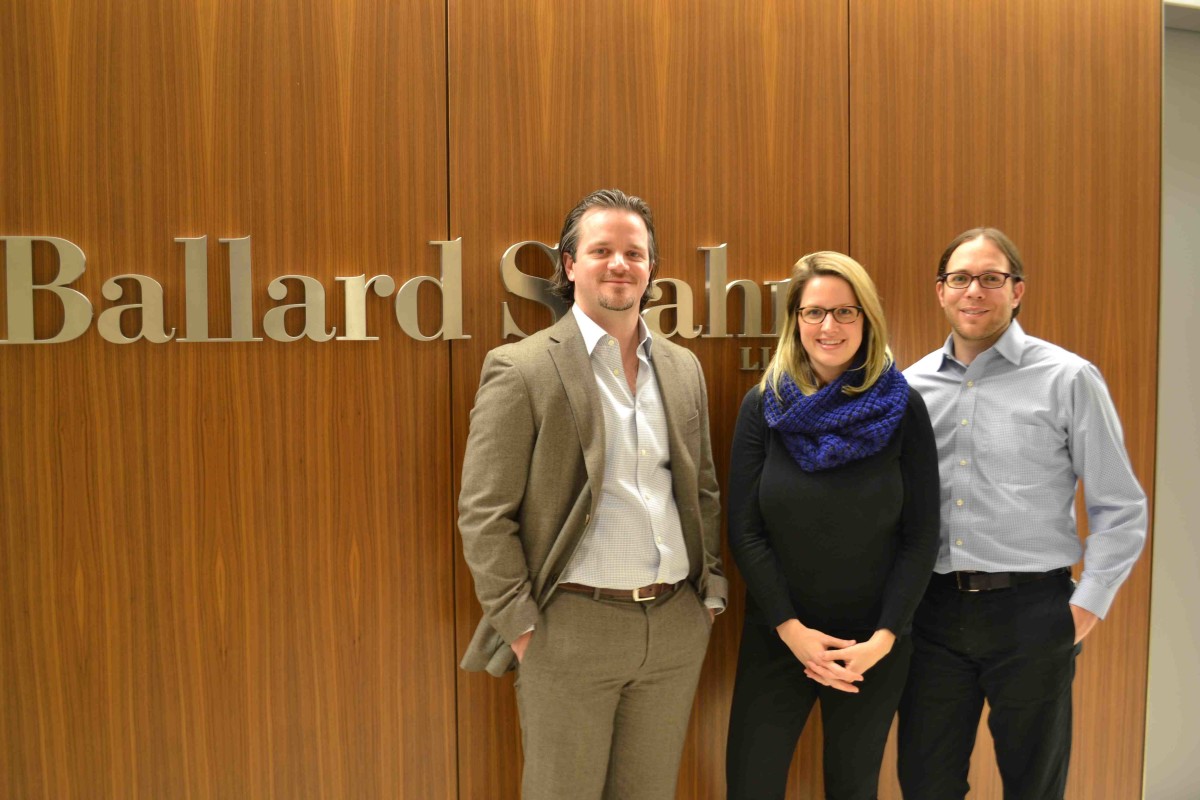And though it’s not a foregone conclusion that we’re in one, we’re in more of an economic downturn than this time last year, experts say. The cost of doing business is up, wages cost the most they ever have and inflation is hitting 40-year highs. Customers might be choosier about how they’re spending their money, and investors on average aren’t writing checks as big as they have in past years.
So what’s a startup founder to do? Technical.ly reached out to some entrepreneurs and biz experts in our network for the best advice they’d give to early-stage founders right now. We heard tips about keeping your eye on your runway, staying transparent with your team, cutting costs on things like conferences and tech upgrades, and getting face time with your biggest customers.
Submissions may be slightly edited for style or clarity.
Amber Wanner, cofounder, Vette

“During times of uncertainty, such as COVID-19 or a potential recession, early-stage startups may have an opportunity to use the slowdown to their advantage. With a smaller headcount, startups can take the time to better understand their market, identify their product-market fit, and build their product to meet the needs of their customers. This can be especially useful during a recession when sales may be slower, as it allows startups to pivot and adapt to new customer profiles. In my experience, I used the COVID-19 slowdown to learn about our market and pivot the business to a completely new customer profile. This allowed us to build a ‘bubblegum and tape’ version of the product, test it on some beta customers, and raise venture capital to launch it commercially at scale. Just be ready to hit the ground running when you do find that product market fit.
“The other advice I would say is transparency, as it is essential in all aspects of life, especially when others are relying on you. In this case, being open and honest about the financial runway and the health of the business with investors, stakeholders or employees. [Any plans] to reach your next milestone or secure your next round of funding should be shared and understood by the entire organization, so everyone is on the same page and working towards the same goal.”
Luke Butler, executive director of startup engagement, Comcast NBCUniversal

“As fundraising remains a challenge for early-stage startup founders this year, focusing on revenue growth becomes more critical than ever. For those selling to enterprises, make sure you have a good understanding of their decision-making processes and sales cycles. Do they typically pay for proofs of concept and pilots? In your pilot agreement, have you outlined next steps to take you closer to a broader deal? Who are the decision makers and what are the payment terms once a deal is signed? Understanding these factors is key to managing your finances at a time when outside capital might be hard to come by.
“Founders may also benefit from being more open to non-recurring revenue opportunities as a way to fund their business in this capital environment, as long as it is scalable for the team and has an eye toward a longer-term commercial agreement.”
Greg Seltzer, partner, Ballard Spahr

“People talk about a recession and slowness in VC and startups, but I’m just not seeing it — we’re busier than any time in the last three years (which were previously our best years). From my vantage point, VC and startups run counter-cyclical to macro-market declines. VC investment is not as tied to the debt markets as private equity, not as VC-focused on public markets. Frankly, when upstream mergers and acquisitions and private equity deals tighten, that money needs to go somewhere — and, in my experience, it flows into early-stage deals.
“But, startups need to prioritize spending, as funding rounds will take longer and financing paths could tighten. I encourage startups to spend on product and people, not legal or finance, no equipment upgrades or conferences and off-site events. Lessen focus on the balance sheet and attack the expense section of the income statement. Push your law firm to defer fees, allowing the company to spend on technology. Basically, increase the runway without being defensive — startups need to spend on product and people, and grow. Large corporations can ‘weather the storm’ or ‘stabilize’ but startups must continue to grow. Attack the income statement.”
Nate Lentz, managing partner, Osage Venture Partners

“While tightened budgets often hit new spend the hardest, existing spend across the business is highly scrutinized. CEOs of software companies must be acutely aware that many of their buyers are being asked by senior management to rank the criticality of their technology spend. What is the ROI of each software product? Is the product cutting costs through automation? Is the product increasing efficiencies and productivity? Is the product streamlining business operations? In other words — is the product living up to the promises from the sales cycles?” Lentz wrote in a recent blog post shared with permission with Technical.ly.
He recommends a few actions: Segment your customers and focus on the big spenders; score your customers’ level of satisfaction and focus on the differences you can make to provide more value to them; and spend face time with those making the buying decisions.
Plus: Dig into your relationships with buyers to see how you might help them; consider giving a “modest” discount for end-of-the-year renewals; offer incentives to stay locked into deals during an economic downturn; and “think about managed service offering.”
“As buyers rank the criticality of their technology, CEOs of software companies need to take proactive steps to put their company in the best position to prepare for and weather the current economic downturn in addition to the scrutiny of their customers, sponsors and the customers’ finance teams,” Lentz said.







